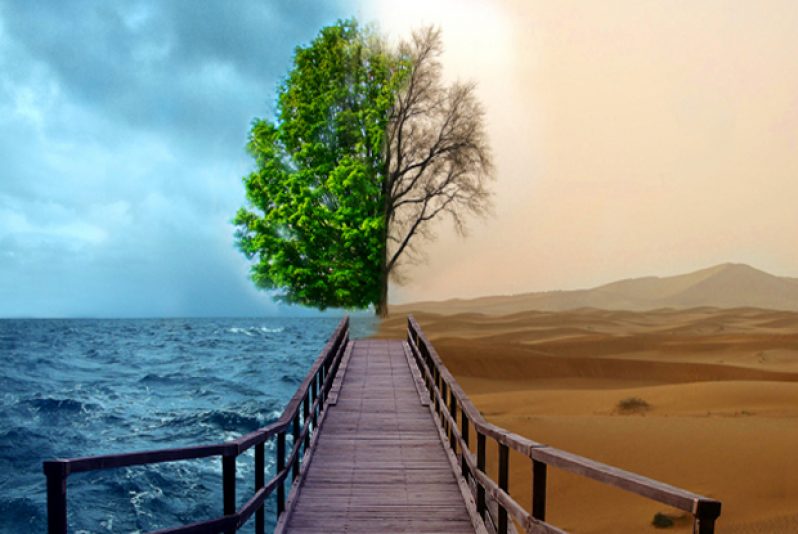GENERALLY, small islands are fortunate to have an abundance of natural resources, upon which they depend for economic development. Despite this, these countries often risk being affected by the so-called ‘resource curse’. According to the ‘resource curse’ theory, also known as the ‘paradox of plenty’, less developed countries with a lot of natural resources tend to have less economic growth and development than countries with fewer natural resources. One reason for this, according to the experts, is that the economy of such countries is usually concentrated on using the resources available and focuses all investments there, often leading to a lack of diversification of the economy, resulting in long-term financial problems and unemployment. For this very reason, there is very little diversification in economic sectors within SIDS, with the main contributors to the gross domestic product (GDP) of these islands being agriculture and tourism. In addition, these countries sometimes take for granted the abundance of their resources and would use resources in an unsustainable manner.
The agricultural and tourism industries are not only reliant on natural resources for their success, but they also impact on the very resources on which they depend, and often are the underlying factor for the environmental problems that SIDS face.
Tourism in SIDS
Tourism, which is the fastest growing economic sector in all SIDS, depends greatly on the beauty of the natural environment in the form of rainforests, coral reefs, beaches, etc. It is a major source of employment, foreign exchange earnings, and national government revenue.
Enchanting biodiversity
SIDS are home to over 4,000 endemic species of plants and animals. However, these species often lack the ability to adapt rapidly to change and are therefore vulnerable to any external pressures that are created through human activities.
Developing infrastructure such as hotels, restaurants, roads, etc., usually causes the destruction of important resources such as mangroves and wetlands; yachts and divers cause damage coral reefs; and hotels and cruise ships may discharge raw sewage into the sea. These actions destroy the home and natural setting of many plant and animal species, leading to their endangerment and extinction. Although these are important to development, the onus is on the SIDS to ensure measures are in place to reduce the risk and create the balance between the environment and economic development.
Agriculture in SIDS
Agriculture in many Small Island Developing States is characterised by a combination of large-scale commercial production of cash crops for export and a relatively smaller sector which produces food crops mainly for local consumption.
Agriculture is dependent on freshwater resources for irrigation, and in SIDS, freshwater is not always readily available. Water recharge is dependent on rainfall and despite the relatively high rainfall that they receive; many Small Island Developing States often have few or no permanent streams, lakes or springs. They also have a limited capacity to store water for use during the dry season.
SIDS are therefore vulnerable to environmental impacts including pollution, salt intrusion, and soil erosion. Agriculture itself contributes to these problems through the clearing of land, withdrawing water at rates that exceed recharge rates and the use of fertilisers and pesticides, which are increasingly being utilised in the agricultural sector.
Throughout this year, SIDS will continually seek ways to ensure these activities have less environmental impact which is necessary for maintaining productive lives and livelihoods for their people. .
You can share your ideas and questions by sending letters to: “Our Earth, Our Environment”, C/O EIT Division, Environmental Protection Agency, Ganges Street, Sophia, GEORGETOWN, or email us at: eit.epaguyana@gmail.com.


.jpg)











